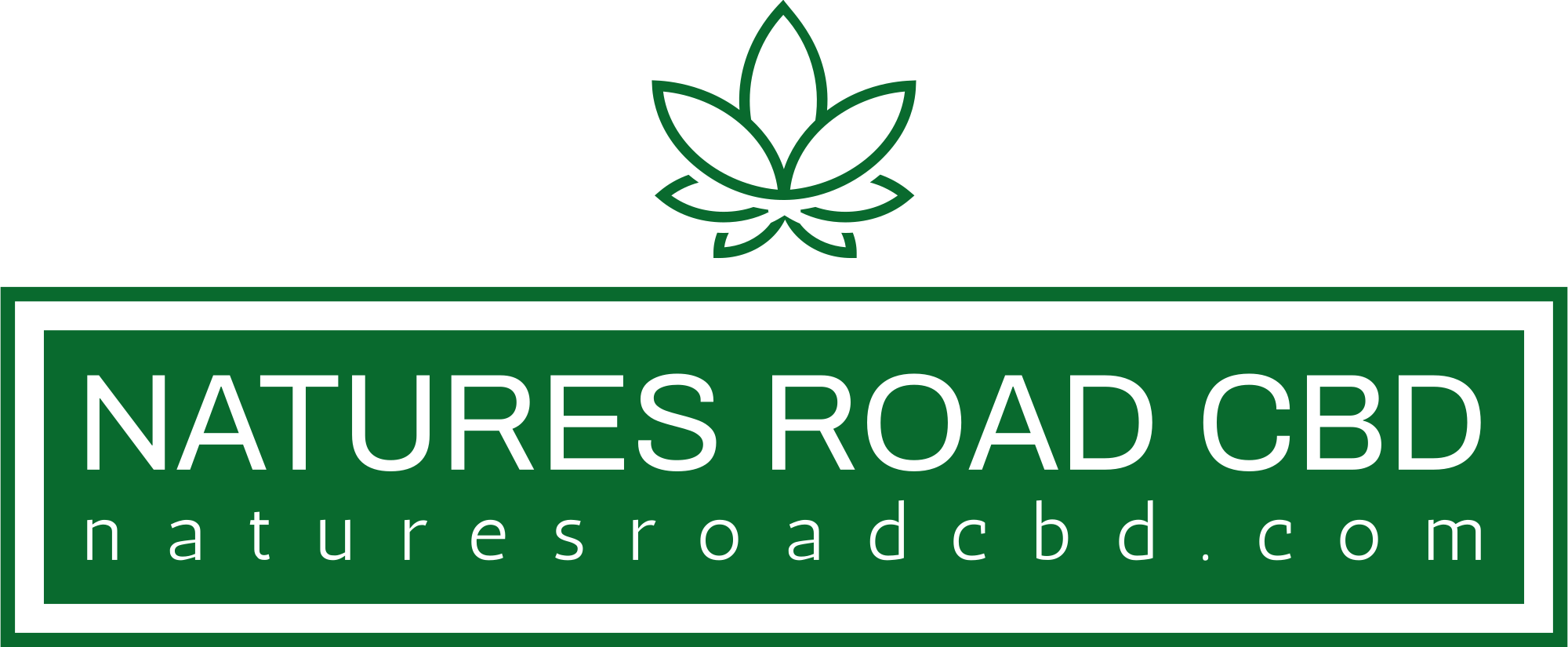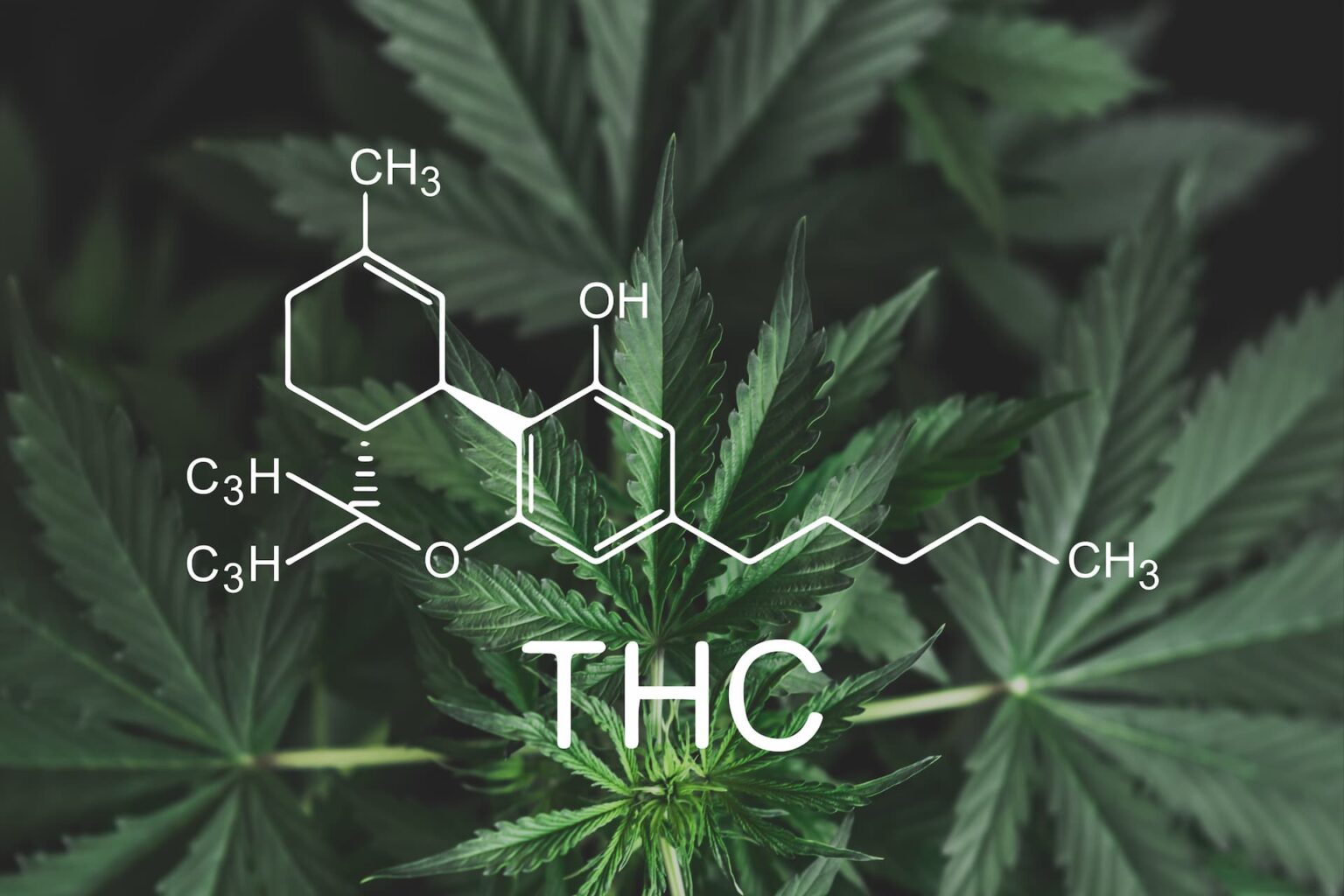Introduction
The cannabis industry constantly introduces new compounds and products to cater to the diverse preferences of consumers. One such compound that has garnered attention is THC-B (Tetrahydrocannabivarin). THC-B products have generated curiosity among cannabis enthusiasts due to their unique properties and potential benefits. This comprehensive guide aims to provide an in-depth understanding of THC-B products, including their origin, effects, benefits, legality, and potential risks.
Understanding THC-B
THC-B, also known as Tetrahydrocannabivarin, is a cannabinoid found in cannabis plants. Structurally, THC-B is similar to Delta-9 tetrahydrocannabinol (THC), the well-known psychoactive compound responsible for the euphoric effects of cannabis. However, THC-B has variations in its molecular structure that contribute to its distinct properties.
Effects and Benefits
The effects of THC-B are still being studied, and scientific research on this specific cannabinoid is limited. However, anecdotal reports suggest that THC-B may have unique effects compared to other cannabinoids. Users have described the effects of THC-B as potentially more energetic and stimulating, with a potential focus-enhancing quality. Some potential benefits associated with THC-B products include increased motivation, appetite suppression, potential anti-inflammatory properties, and potential help with metabolic disorders. Further scientific research is necessary to validate these claims.
Legality and Regulations
The legal status of THC-B products can vary depending on the jurisdiction. As of the knowledge cutoff in September 2021, THC-B was not specifically regulated in many regions. However, it is crucial to stay updated with local laws and regulations as the legal landscape surrounding cannabinoids is subject to change. Consult with local authorities or legal professionals to ensure compliance with applicable laws before purchasing or using THC-B products.
Consumption Methods
THC-B products are available in various forms, including vape cartridges, tinctures, edibles, and concentrates. Each consumption method offers different onset times and durations of effects. Vaping or smoking THC-B products typically provide quicker onset but shorter duration, while edibles may take longer to kick in but offer a more prolonged experience. Start with a low dosage when trying THC-B products and adjust as needed based on personal tolerance and desired effects.
Potential Risks
While THC-B is considered to have distinct effects from other cannabinoids, it is important to be aware of potential risks associated with cannabis consumption in general. These risks may include impaired coordination, cognitive impairment, increased heart rate, and the potential for addiction or dependence. Additionally, as THC-B is a relatively new cannabinoid, the lack of extensive research makes it difficult to fully understand any long-term risks or adverse effects associated specifically with THC-B products.
Quality and Safety Considerations
When purchasing THC-B products, prioritize quality and safety. Look for products that have undergone third-party testing to ensure accurate labeling and absence of harmful contaminants. Choose reputable brands or licensed dispensaries that follow strict quality control standards. Reading customer reviews, seeking recommendations, and verifying the source and manufacturing processes can help ensure the safety and quality of THC-B products.
Synergistic Effects
Cannabinoids have the potential to produce enhanced therapeutic benefits through the entourage effect, where the combined action of multiple compounds in cannabis works synergistically. THC-B may interact with other cannabinoids, terpenes, and compounds present in the cannabis plant, resulting in unique effects. Research suggests that the presence of other cannabinoids, such as cannabidiol (CBD) or minor cannabinoids, may influence the overall experience and effects of THC-B products.
Differentiation from Other Cannabinoids
THC-B stands out among other cannabinoids due to its unique molecular structure and potential effects. While THC-B shares some similarities with Delta-9 THC, the presence of variations in its structure sets it apart. These structural differences may contribute to differences in binding affinity to cannabinoid receptors, resulting in distinct physiological and psychoactive responses compared to other cannabinoids. Understanding these differentiating factors can help consumers make informed choices when considering THC-B products.
Potential Therapeutic Applications
As research on THC-B progresses, its potential therapeutic applications are being explored. Preliminary studies suggest that THC-B may have potential benefits for various conditions. These include potential anti-inflammatory properties, potential appetite suppression for weight management, potential help with metabolic disorders such as diabetes, and potential neuroprotective effects. However, more rigorous scientific research, including clinical trials, is needed to establish the safety and efficacy of THC-B for specific medical conditions.
Individual Variations and Dosage
Individual responses to THC-B products may vary due to factors such as body chemistry, tolerance, and sensitivity. Finding the optimal dosage for THC-B products may require a process of self-exploration and experimentation. Starting with a low dosage and gradually increasing as needed while monitoring the effects is recommended. It is important to pay attention to personal tolerance and adjust dosage accordingly for a safe and comfortable experience.
Potential Interactions and Side Effects
THC-B, like other cannabinoids, may interact with certain medications or substances. It is crucial to consult with a healthcare professional if you are taking medications or have any underlying health conditions before using THC-B products. Additionally, while THC-B is generally considered to have a favorable safety profile, potential side effects may include dry mouth, dizziness, increased heart rate, and temporary cognitive impairment. Monitoring one’s own response and seeking medical advice if any concerning symptoms arise is important.
Evolving Research and Scientific Developments
As the understanding of THC-B continues to evolve, ongoing research and scientific developments will contribute to a deeper understanding of its properties, effects, and potential therapeutic applications. Staying informed about the latest research findings and advancements in the field of cannabinoids will help individuals make well-informed decisions regarding the use of THC-B products.
Legal and Regulatory Considerations
The legal status of THC-B products may vary in different regions, countries, and states. It is essential to understand and comply with local laws and regulations regarding the purchase, possession, and use of THC-B products. Keeping abreast of any changes or updates in cannabis legislation will help ensure legality and adherence to applicable regulations.
Responsible Use and Education
Responsible use and education are vital aspects of engaging with THC-B products or any cannabis-related substances. Understanding the potential effects, risks, and legal considerations associated with THC-B is essential for making informed decisions. Seeking information from reliable sources, consulting healthcare professionals, and practicing responsible consumption practices will contribute to a safe and positive experience.
Conclusion
THC-B products offer a unique perspective in the expanding landscape of cannabinoids. While scientific understanding of this compound is still developing, anecdotal evidence suggests potential benefits and distinctive effects. It is important to approach THC-B products with caution, starting with low doses and being aware of individual tolerance and sensitivity. As the cannabis industry continues to evolve, further research and scientific exploration will help provide a deeper understanding of the specific properties and potential therapeutic applications of THC-B. Stay informed and updated with current research and legal regulations before considering the use of THC-B products.
- Delta-9 Gummies By Empe-USA-In-Depth Analysis Exploring the Top Delta-9 Gummies - March 9, 2024
- CBD Topicals By Wellnesscollection-The Ultimate CBD Topicals Comprehensive Evaluation - September 16, 2023
- What are THC-B Products - July 17, 2023

